Last year, Buick topped J.D. Power’s Sales Satisfaction Index in China, which attempts to measure the overall satisfaction with the car-buying process among consumers for major automotive brands. The GM-owned premium brand has once again performed well in this annual study, improving its overall satisfaction score by 15 points to lead mass-market brands for the second year in a row.
Just like last year. this year’s J.D. Power China Sales Satisfaction Index Study attempts to gauge sales satisfaction among both new-vehicle buyers and rejecters – the latter of which are defined as consumers who seriously considered buying a certain brand, but ultimately decided against it. J.D. Power bases new-vehicle buyer satisfaction on seven weighted metrics, including online experience (11 percent), communication before visit (9 percent), reception (14 percent), showroom visit (14 percent), test drive (10 percent), deal (17 percent), and delivery process (23 percent). Rejector satisfaction is based on six weighted metrics, including online experience (23 percent), communication before visit (20 percent), reception (21 percent), showroom visit (16 percent) test drive (10 percent), and negotiation (10 percent). This year’s study looked at responses from 25,154 new-vehicle owners from 70 major cities, all of whom purchased a new vehicle between June 2021 and February 2022.
J.D. Power used these buyer responses to calculate a satisfaction score for each respective vehicle brand based on a 1,000-point scale. Buick topped mass-market brands with a score of 759, which tied it with GAC Honda. FAW Honqi was third with a score of 756, followed by GAC Toyota in fourth with a score of 756 and Dongfeng Honda with a score of 755. The segment average among mainstream brands was 750, higher than last year’s segment-leading score of 744.
Ann Xie, digital retail consulting practice at J.D. Power China, said that Chinese consumers are well-researched and knowledgable, creating extra hurdles for salespeople at the dealership that may wish to enact traditional sales practices on them. Dealers should focus on the test drive experience to help these customers, as they will already know a lot about the vehicle they desire.
“Currently, consumers in China who visit a dealership spend a lot of time experiencing and verifying products by themselves instead of receiving information from salespeople,” said Xie.“Faced with this challenge, improving the service capabilities during the whole process of the test drive is very important. Brands need to change based on the needs of their customers, including the upgrade of the existing test drive, as well as improving the process and experience of scheduling a test drive online, which will effectively help brands to drive sales.”
Subscribe to GM Authority for more GM China news, Buick news and around-the-clock General Motors news coverage.

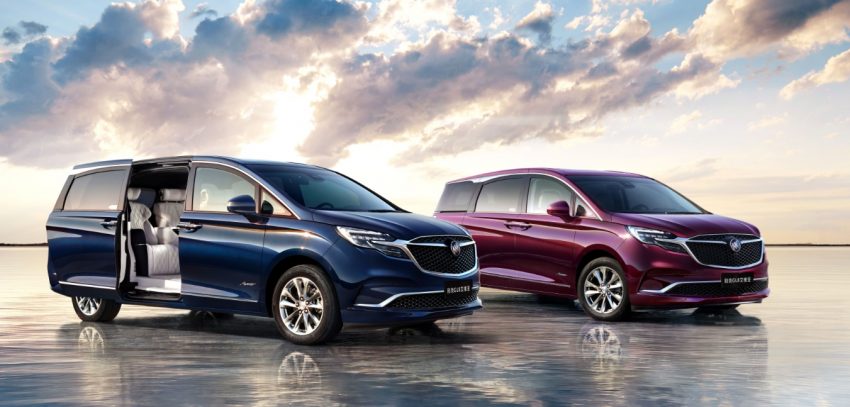
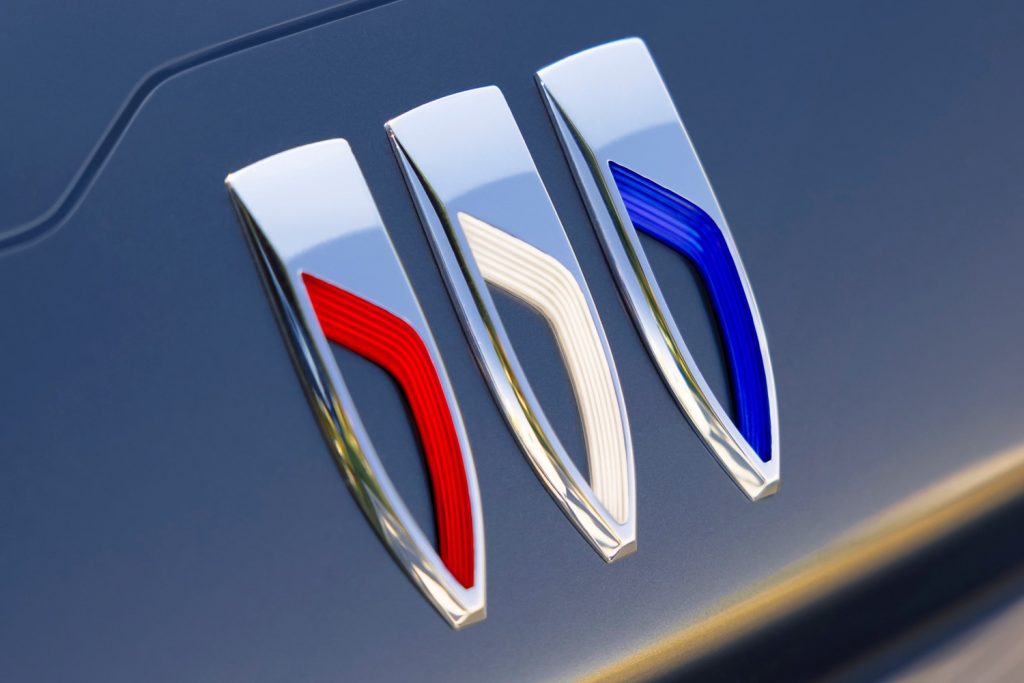
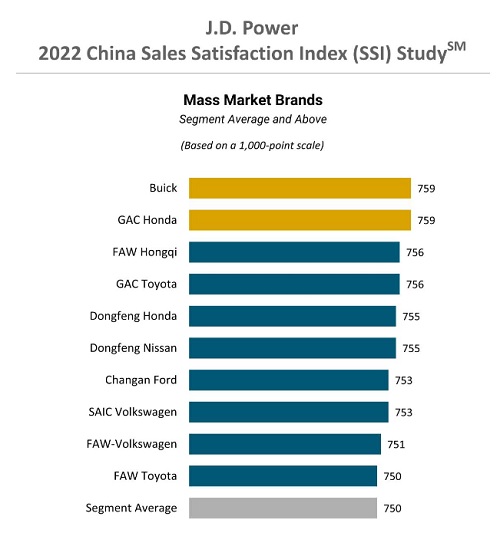
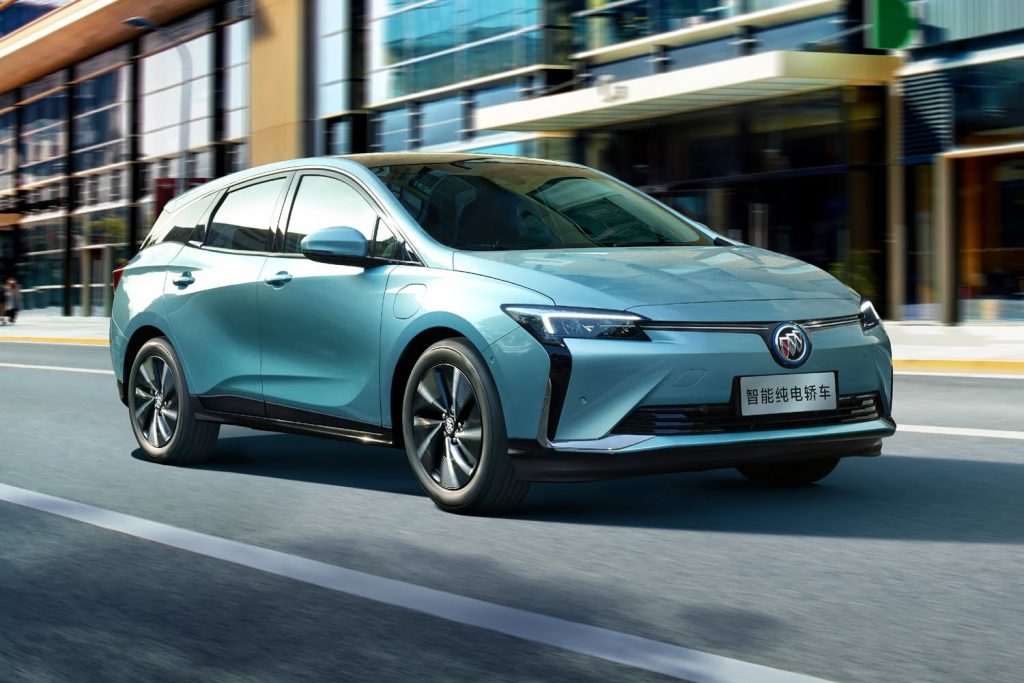


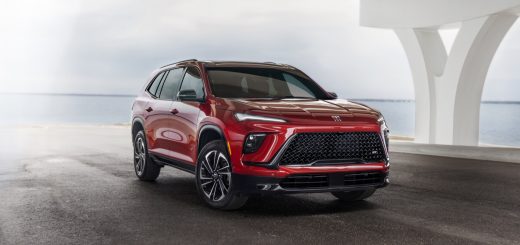
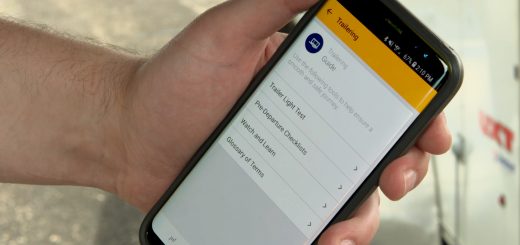
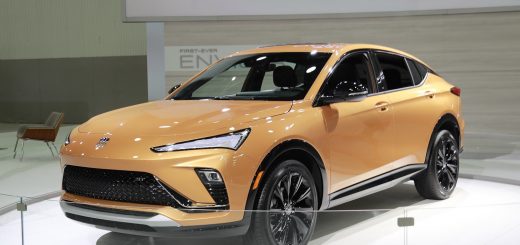
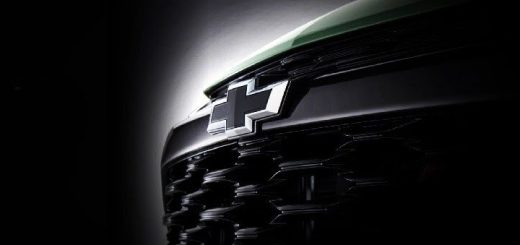
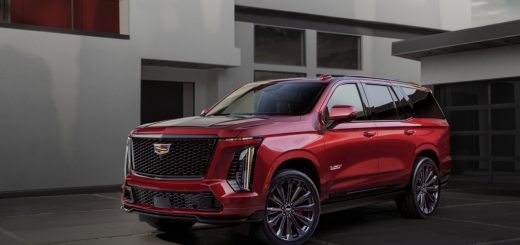
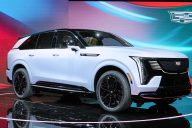

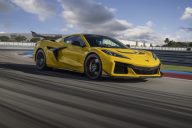



Comments
“Currently, consumers in China who visit a dealership spend a lot of time experiencing and verifying products by themselves instead of receiving information from salespeople”
Isn’t that true everywhere though? I mean, the salespeople don’t know much of anything about products at our dealerships.
So I wonder if the new paradigm that tesla led in which actual cars available to test drive and then buy on the spot will not be available, will work there? will the order online and deliver with no haggling work?